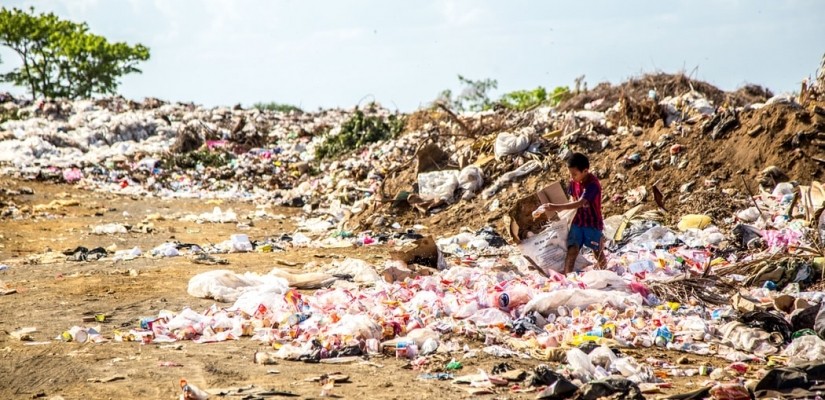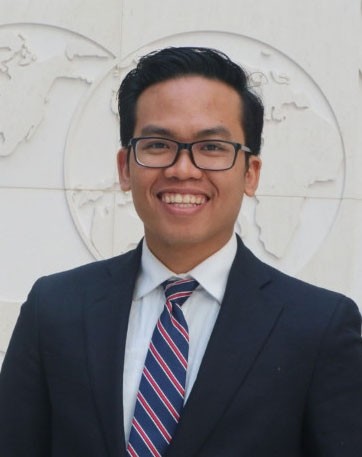Many Southeast Asian countries are blamed for their role in the disposing of plastic waste into the world’s oceans. While there are certainly domestic waste management issues in the region, the problem is exacerbated by the receipt of foreign waste shipments. In 2018, this matter was escalated when China decided to ban the import of foreign recyclables. As a result, the ASEAN region has become a target waste destination for developed countries, making this region the new global “landfill.”
Historically, China was the largest importer of garbage and recycling, accepting 51% of the world’s waste until 2017, when it implemented the “National Sword” policy. Since then, developed countries have turned to ASEAN countries, including Malaysia, Indonesia, the Philippines, and Thailand, which lack regulations on the importation of waste. Given the current global pollution crisis, ASEAN leaders should take collective action to form stronger policies regarding the waste trade.
Environment ministers at the 34th ASEAN summit in Thailand endorsed the Bangkok Declaration on Combating Marine Debris, which addressed aspects of plastic waste reduction and called for the protection of the oceans from marine debris. While these are important steps at fighting plastic pollutants entering our oceans, the joint resolution failed to address the issue of waste imports by ASEA countries.
Instead of taking collective action, ASEAN leaders have pursued unilateral steps to address the issue. The government of the Philippines sent back 69 containers of waste, mislabeled as recycling, back to Canada. Similarly, Malaysia shipped 450 tonnes of plastic waste back to the countries of origin and pledged to maintain its standards on plastic waste import. Furthermore, Malaysia has set a target to completely ban plastic imports by 2021.

As Indonesia and other ASEAN countries keep struggling with their domestic waste management, garbage from abroad started pouring into the region. Controlling the large volume of imported waste is a major challenge because of weak management systems, a lack of facilities, and a lack of capacity in most ASEAN countries. Even if the waste is recyclable, only a small amount of it can be recycled. For example, Indonesia can only process 7.5% of its waste, sending most of the garbage to landfills since there is no suitable management system.
While Indonesia has clearly defined waste management regulations, exporter countries often fail to comply with the law by dispatching contaminated plastic. In June 2019, the government of Indonesia returned 49 illegal containers of waste polluted with toxic components to Australia and dozens of others to the United States, France, and Hongkong.
In May 2019, 187 countries agreed to amend the Basel Convention, which provides a new international rule on plastic waste exports in order to prevent plastic waste disposal in developing countries. Moreover, the revised convention requires consent from importing countries before garbage is shipped. Even though 10 ASEAN members have signed the 1989 convention, the amendment was only approved by Brunei, Indonesia, and Malaysia. Therefore, waste trade should receive attention from all ASEAN members. Amid growing concerns, all ASEAN countries are expected to make a joint declaration to adopt the amendment and mitigate forthcoming risks of waste trade in the region.
ASEAN leaders must continue their commitment by taking collective action. Firstly, all ASEAN members should review and ratify the Basel Amendment. Secondly, ASEAN leaders should follow in China’s footsteps by adopting a policy to stop waste imports as well. By making stricter regulations and policies top-priorities, ASEAN countries can send a message to developed countries that the ASEAN region is not a new global “landfill”. Thirdly, ASEAN should work together to improve national waste management systems by learning from developed countries that have adopted efficient waste management plans, such as Austria and South Korea. This global environmental issue is crucial for economic development, which is why ASEAN countries must sustain their dedication to environmental affairs and make the region more attractive for investment.
